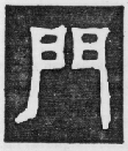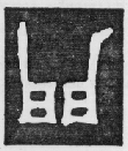 |
From
Mindfulness
Meditation:
the Buddha's
"Second Arrow" parable
The parable of the second arrow is a well-known
Buddhist
story about dealing with suffering more skillfully. It is said
the Buddha
once asked a student:
"If a person is struck by an arrow, is it painful? If the
person is struck by a second arrow, is it even more painful?".
He then went on to explain:
"In life, we can't always control the first arrow. However, the
second arrow is our reaction to the first. This second arrow is
optional.". |
 |
|


